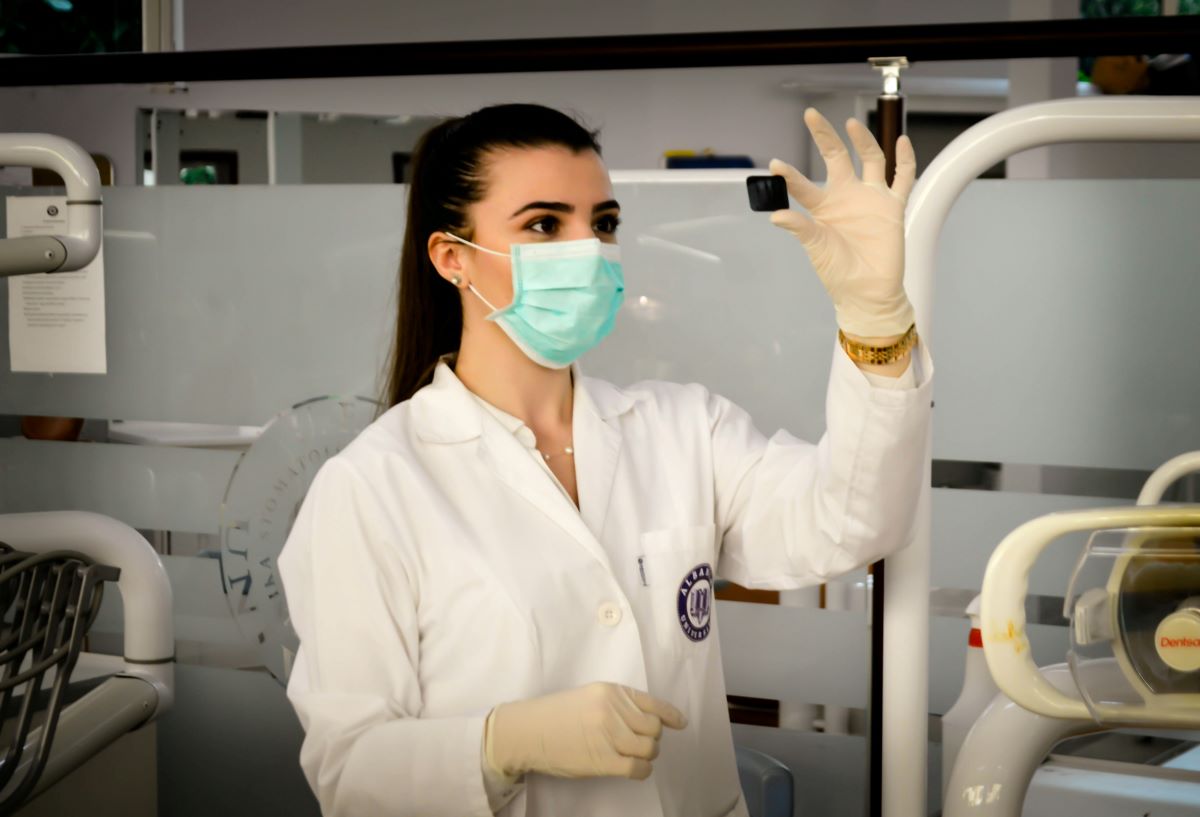In the dynamic landscape of healthcare, there are numerous career paths to explore, each with its own unique responsibilities and skill sets. Two common roles in the allied health sector are EKG (Electrocardiogram) Technicians and Medical Assistants. While both positions contribute to patient care, they differ significantly in their focus, duties, and required training. Let's delve into the disparities between these roles to help individuals make informed decisions about their career paths.
EKG Technician: Capturing the Heart's Rhythm
EKG Technicians play a vital role in cardiovascular care by operating specialized equipment to record the electrical activity of patients' hearts. These recordings, known as electrocardiograms, help healthcare providers diagnose various cardiac conditions such as arrhythmias, heart attacks, and other abnormalities.
One of the primary responsibilities of an EKG Technician is to prepare patients for EKG procedures by explaining the process and ensuring their comfort and safety. During the procedure, they attach electrodes to specific areas of the patient's body, monitor the equipment for accuracy, and record the results for analysis by physicians.
To excel in this role, EKG Technicians must possess strong attention to detail, technical proficiency in operating EKG machines, and excellent interpersonal skills for interacting with patients during potentially stressful situations.
Medical Assistant: The Versatile Healthcare Professional
Medical Assistants serve as valuable members of healthcare teams, performing a wide range of administrative and clinical tasks to support physicians and other healthcare providers. Their duties may vary depending on the setting, but they typically include both front-office responsibilities such as scheduling appointments, managing patient records, and billing, as well as clinical duties like taking vital signs, assisting with examinations, and administering medications (in some states).
Unlike EKG Technicians, Medical Assistants have a broader scope of practice that extends beyond cardiovascular care. They work in various healthcare settings, including clinics, hospitals, and specialty practices, where they contribute to the efficiency and effectiveness of patient care delivery.
To succeed as a Medical Assistant, individuals must possess strong organizational skills, multitasking abilities, and a compassionate demeanor to interact with patients from diverse backgrounds.
Key Differences: Training and Certification
One of the most significant disparities between EKG Technicians and Medical Assistants lies in their training requirements and certification pathways.
EKG Technicians typically undergo specialized training programs that focus specifically on electrocardiography techniques, anatomy and physiology of the cardiovascular system, medical terminology, and interpreting EKG readings. These programs, often offered by vocational schools or community colleges, can range from a few weeks to several months and culminate in certification exams such as the Certified EKG Technician (CET) credential administered by organizations like the National Healthcareer Association (NHA).
On the other hand, Medical Assistants typically complete comprehensive training programs that cover a broader spectrum of medical knowledge and skills. These programs, which may lead to diplomas, certificates, or associate degrees, encompass coursework in medical office procedures, pharmacology, anatomy and physiology, medical ethics, and clinical skills such as phlebotomy and injections. Graduates of accredited medical assisting programs may pursue certification exams such as the Certified Medical Assistant (CMA) credential offered by the American Association of Medical Assistants (AAMA).
Choosing the Right Path: Considerations for Aspiring Healthcare Professionals
When considering a career as an EKG Technician or Medical Assistant, aspiring healthcare professionals should carefully evaluate their interests, strengths, and long-term career goals.
If you have a passion for cardiology and enjoy working with specialized equipment to diagnose and monitor cardiac conditions, a career as an EKG Technician may be an excellent fit for you. Pursuing specialized training in electrocardiography can provide you with the skills and knowledge needed to excel in this field and make a meaningful difference in patients' lives.
On the other hand, if you prefer a more diverse and versatile role that encompasses both administrative and clinical responsibilities across various medical specialties, becoming a Medical Assistant might align better with your career aspirations. By completing a comprehensive medical assisting program and obtaining relevant certifications, you can position yourself as a valuable asset in healthcare settings where teamwork and multitasking are essential.
While EKG Technicians and Medical Assistants both play integral roles in the healthcare system, they differ significantly in their focus, responsibilities, and training pathways. Whether you're drawn to the precision of cardiac diagnostics or the versatility of medical assisting, there's a rewarding career path waiting for you in allied health.
As you embark on your journey toward becoming a healthcare professional, it's essential to seek out reputable training programs that provide the knowledge and skills needed to succeed in your chosen field. With dedication, compassion, and ongoing learning, you can make a positive impact on the lives of patients and contribute to the advancement of healthcare delivery.
Accelerate Your Career with Health Tech Academy
Ready to take the next step toward a rewarding career in healthcare? Look no further than Health Tech Academy, an industry leader in accelerated healthcare bootcamp programs. Our EKG Technician Bootcamp equips aspiring allied health professionals with the fundamental skills needed to enter and excel in the modern healthcare workforce.
At Health Tech Academy, you'll receive hands-on training from experienced instructors, access to state-of-the-art equipment, and personalized support to help you achieve your career goals. Don't wait any longer to pursue your passion for healthcare. Visit our website to learn more about our programs and take the first step toward a fulfilling career as an EKG Technician or Medical Assistant.



